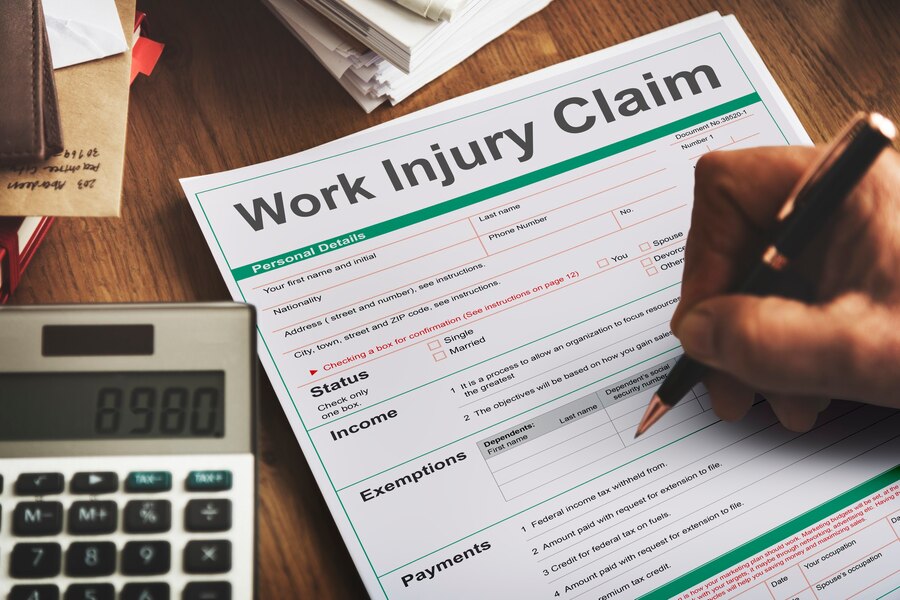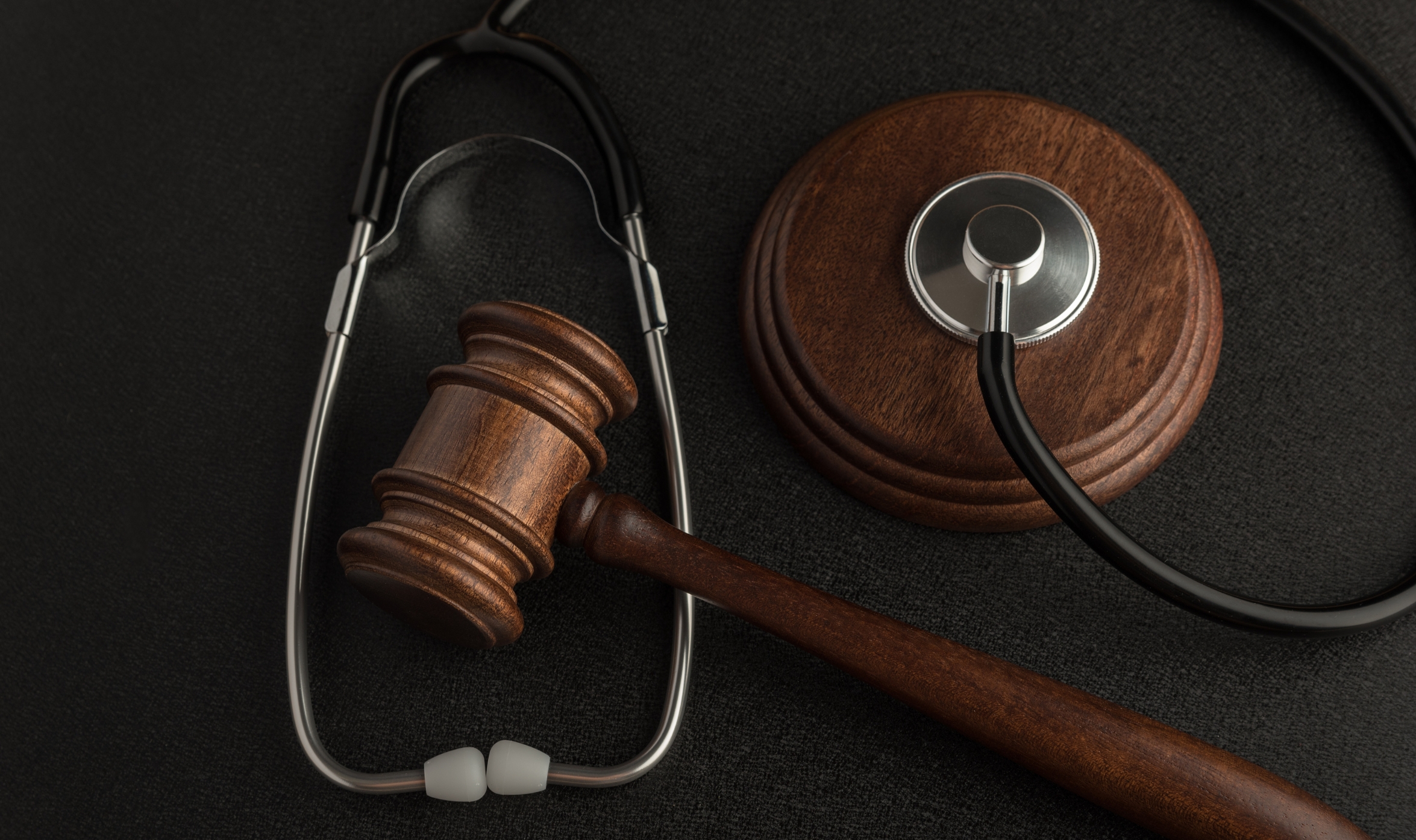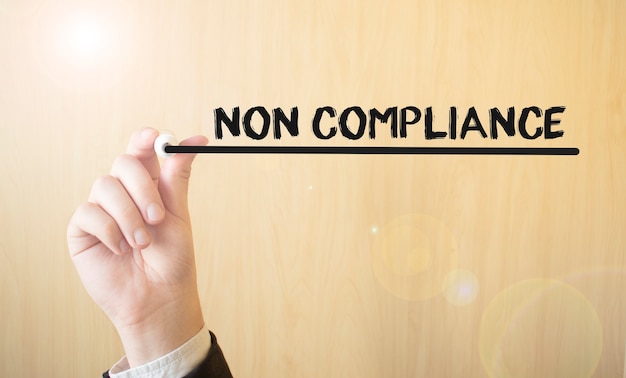Understanding How Comparative Negligence Determines Settlement in A Personal Injury Case
5 Mins Read
Published on: 21 July 2023
Last Updated on: 07 December 2024

toc impalement
When it comes to personal injury cases, many factors can affect the amount of compensation you may receive. One such factor is comparative negligence – or how much responsibility each party involved in an accident has for the damages or injuries sustained. Navigating a comparative negligence settlement in a personal injury case can be challenging due to the complexities of assessing and assigning fault between multiple parties involved in the incident.
So, navigating comparative negligence settlement in a personal injury case requires you to hire the best personal injury law firm for a plausible resolution. With their understanding of the legal system, lawyers can assess the degree of fault involved, negotiate with insurance companies, and maximize your compensation. They protect your rights and help you achieve a fair settlement, considering the complexities of shared fault and liability.
In this article, we’ll discuss how comparative negligence works and how it can affect settlement amounts in a personal injury case.
What is Comparative Negligence?

Comparative negligence is a legal concept that determines responsibility for an accident and resulting injury based on who was more at fault. When determining liability in a personal injury case, both parties will be assigned a percentage of blame based on their individual contributions to the accident. This percentage will then be used to calculate any potential settlements or awards associated with the incident.
For example, if one party were found to have been 50% responsible for an accident while the other was found to have been 50% responsible as well, then each party would pay half of any damages or medical bills associated with the incident.
However, if one party were determined to be 90% responsible while the other was only 10% responsible, the first party would pay 90% of all associated costs, and the second would only pay 10%.
Types of Comparative Negligence

Comparative negligence is a nuanced subject to understand. However, comparative negligence comes in two different variations. This includes pure comparative negligence and modified/partial Comparative negligence.
In the case of pure comparative negligence, both parties are seen at fault. As a result, both parties are held equally responsible on that matter. This type of comparative negligence is rampant in the states of California, New York, Louisiana, and Florida.
The next variation is called modified or partial comparative negligence. This variation is a more modern iteration of the rule. An iteration where individuals are held responsible according to the role they might have played in the accident.
Therefore, if a person is held responsible for 50% of the accident, then they will only be able to take on 50% of the damage. Therefore, this is more of a percentage-based option.
History of Comparative Negligence
Comparative negligence as a whole originated back in the 20th century in the United States of America. This was a major update in terms of contributory negligence.
This newer and more updated version of the negligence claim took into account a victim’s loss. Therefore, this was a major update from before. Earlier, victims were not legally allowed to take in compensation.
Therefore, comparative negligence really helped victims to get what they deserve due to loss.
Comparative Negligence vs. Contributory Negligence
Since we are already on the topic of comparative negligence, let us take a moment to look into the differences between comparative and contributory negligence and how they are different from each other.
In case of a contributory negligence clause, no victims of an accident are liable to receive any sort of compensation. Meanwhile, comparative negligence allows both parties to receive appropriate damage reimbursement.
This is where comparative and contributory negligence differs the most.
Why Hire Competent Lawyers to Deal With Personal Injury Cases?
It’s important to note that fault does not always have to be split evenly between two parties when determining responsibility in a personal injury case.
It will depend on what actually happened during an incident and who contributed more significantly towards causing it. Therefore, you must hire an experienced attorney who understands how comparative negligence works and can help ensure you receive fair compensation.
How Does Comparative Negligence Affect Settlements?
The degree of fault assigned by courts is often used as a basis for calculating settlement amounts in personal injury cases. Suppose someone has been deemed partially liable for causing an accident due to their own negligent behavior (such as driving recklessly).
In such a case, their settlement offer may be reduced by whatever percentage they were deemed responsible for. Consequently, they won’t receive full compensation from another person or entity even if they weren’t entirely at fault themselves.
Some states follow a strict rule known as contributory negligence. This rule states that if a person is found to be at all responsible for an accident, they cannot receive any financial compensation from the other party involved.
In other words, if you’re partly to blame for your injuries, you may not be able to get any money, even if the other party was mostly at fault. Therefore, it’s crucial to understand the specific rules in your state before you try to make a legal claim against someone else after getting hurt due to their careless actions.
How Can You Prove That Someone Else is At Fault for Your Injuries?
If you believe another person caused your injuries through negligent behavior and want them held accountable so you can get fair compensation (via settlement negotiations or court proceedings), proving their liability becomes vital.
To do this effectively, you must provide evidence demonstrating why they should be held liable – such as witness testimony about what happened during an incident or photographic proof showing reckless behavior leading up to it. Additionally, collecting medical records related directly to the injury helps prove the damages incurred.
Conclusion
Comparative negligence plays an important role when determining settlement amounts in personal injury cases. It allows courts/negotiators to determine which party contributed more towards causing damage/injury, thus allowing them to assign blame appropriately and award compensations accordingly.
So, make sure to consider hiring the best possible lawyer to help navigate the complexities of the legal system & ultimately aid in achieving the maximum possible remedy.
Additionals:


















Comments Are Closed For This Article